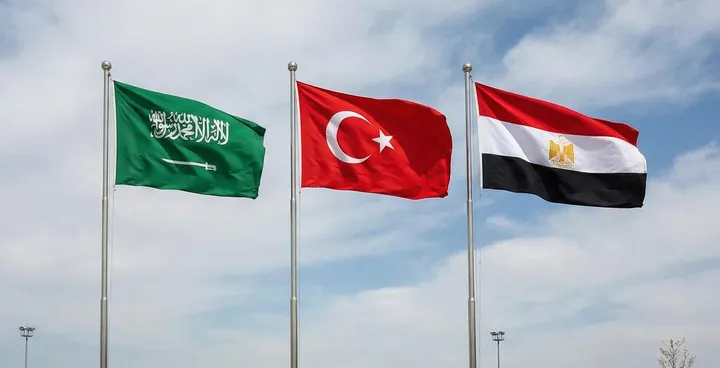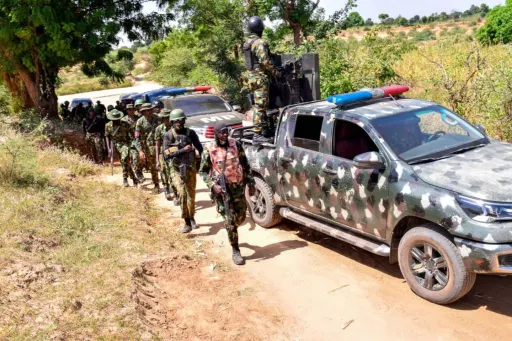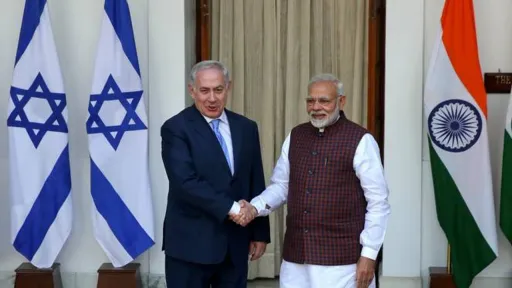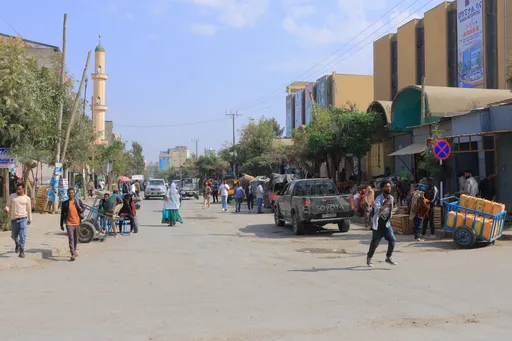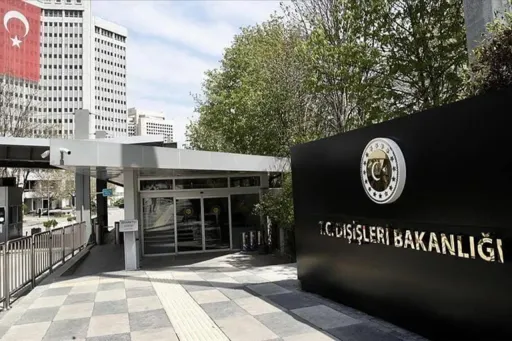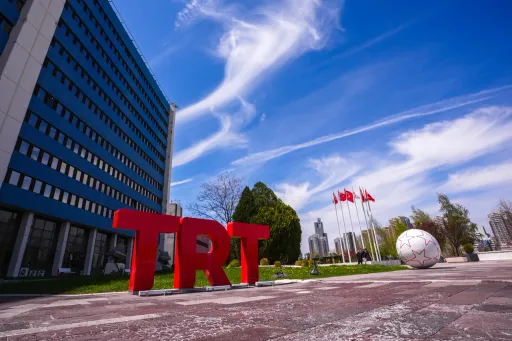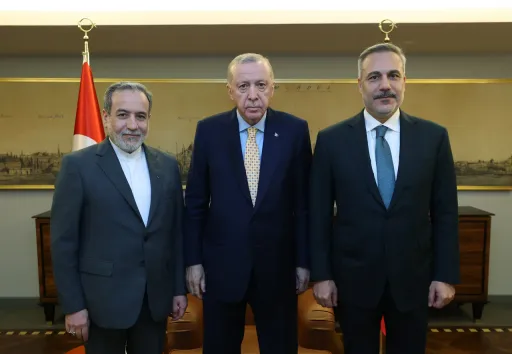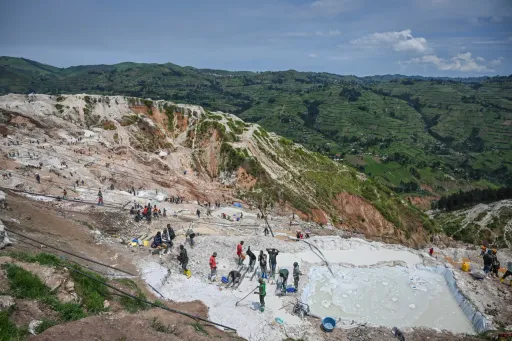By Brian Okoth
Niger soldiers have read out a statement on national television saying President Mohamed Bazoum has been removed from office.
The soldiers added in the announcement on Wednesday night that all Niger's border points have been closed indefinitely, and that the nation will be under a night curfew on a daily basis.
“We, the defence and security forces have decided to put an end to the regime of President Bazoum,” Lieutenant Colonel Amadou Abdramane said.
During his address, he was surrounded by nine other uniformed soldiers. The mutinying troops further stated “all institutions” in the country would be suspended.
The statement comes after the presidential guards earlier Wednesday confined the head of state to the presidential palace in the capital Niamey.
What has triggered the apparent coup is currently unknown. Niger has been battling perennial insurgency that has left many civilians, soldiers and other security officers dead.
Niger’s first-ever democratic transition of power took place on April 2, 2021, when Bazoum received the instruments of power from his predecessor, Mahamadou Issoufou, who had voluntarily stepped down.
Four coups
The country has suffered from chronic political volatility since attaining independence from France in 1960.
It has seen four coups in its history, most recently a February 2010 putsch which toppled then-president Mamadou Tandja.
The apparent coup against Bazoum has come on the back of efforts by the Economic Community of West African States (ECOWAS) to broker a peaceful resolution to the Niger crisis.
Related story:Five things to know about Niger
ECOWAS chairperson Bola Tinubu, who is also the President of Nigeria, had late Wednesday announced that the regional bloc had sent President of Benin Patrice Talon to Niger to assist in preventing a possible coup.
Threat to peace and stability
“I believe all the means will be employed, as needed, for constitutional order to be re-stablished in Niger. The goal is for peace and unity to prevail. We assure you that it (mediation efforts) will be successful,” Talon said during a press briefing after meeting Tinubu in Nigeria’s capital Abuja.
Other major bodies, including the United Nations (UN) and the European Union (EU), had also expressed concern over the happenings in Niger.
The UN said a coup against Bazoum would jeopardise Niger’s democratic governance, peace and stability.
UN Secretary General Antonio Guterres said he had held a virtual conversation with Bazoum late Wednesday, and that the embattled head of state said he and his family were safe.
Hundreds of protesters marched to the presidential palace in Niamey on Wednesday to push for the release of President Bazoum, but their demonstrations were disrupted after soldiers manning the complex fired in the air, forcing the crowd to disperse.
Who is Bazoum?
Mohamed Bazoum is a 63-year-old government leader, who is a philosopher by training.
He was born in 1960 in Bilabrine near N'Gourti in the Diffa region, southeast of Niger. He is married to Hadiza Mabrouk and is the father of four children.
Between 1979 and 1984, he pursued an undergraduate course in human sciences and philosophy at the University of Dakar in Senegal.
He, thereafter, enrolled for a master's degree in political and moral philosophy. He also pursued a diploma in logic and epistemology.
After completing his postgraduate education, he joined the trade union activities of the National Union of Teachers of Niger (SNEN).
Ministerial portfolio
He later joined the executive office of the Trade Union of Workers of Niger (USTN), which he represented at the national conference in 1991.
He threw his hat into the political ring in early 1990s, serving in the National Assembly from 1993.
In government, Bazoum has held several ministerial posts, including serving as Minister of the Interior from April 2016 to June 2020 and Minister of State and Minister of Foreign Affairs for Cooperation from 2011 to 2015.
He was also a member of the transitional parliament from 2010 to 2011 and secretary of state to the Minister of Foreign Affairs and Cooperation in charge of cooperation from 1991 to 1993.
Niger quick facts
Niger is a West African nation that is two-thirds desert. It is one of the poorest nations in the world, with half of its 26.2 million people living in poverty.
The country has the highest birth rate globally. An average woman in Niger has close to seven children, according to 2021 official statistics.
Niger has some of the world's biggest deposits of uranium, a main ingredient in the nuclear industry. France, which gets nearly all its electricity from nuclear plants, began mining uranium in northern Niger close to 50 years ago.
Most of Niger citizens live off farming, but there are those whose source of livelihood is small-scale mining of gold and oil.



